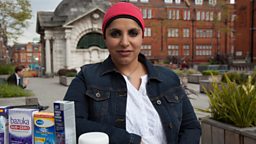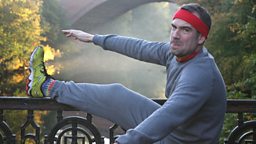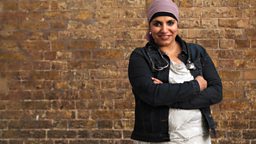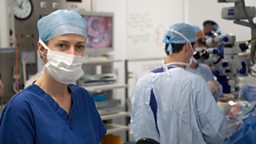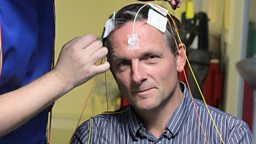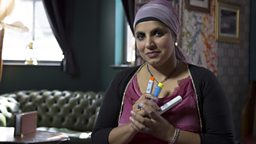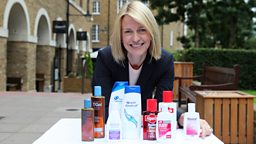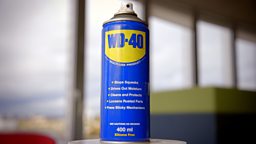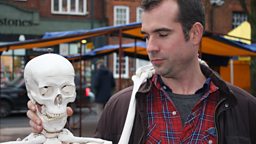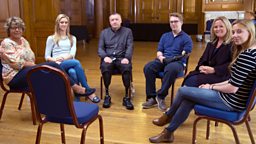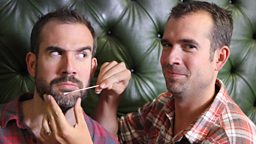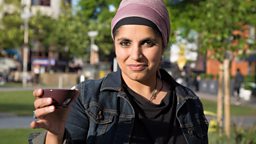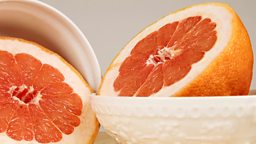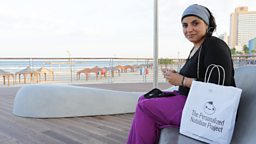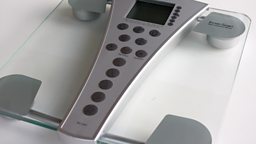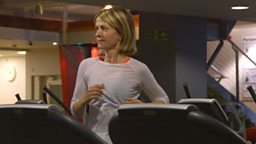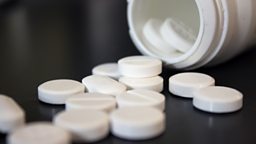How can I sleep better if I’m stressed or getting older?
We all know those sleepless nights that can happen when we’re stressed, and as we get older we also resign ourselves to waking early, and feeling tired and napping during the day.
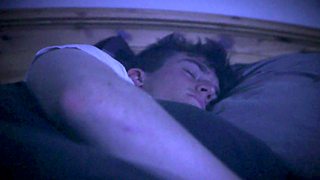
But these problems are not inevitable – they’re down to changes in our hormones and body clock, but there are some things that can help.
One of the hormones associated with our daily rhythms is melatonin – which is released into our blood at night by the pineal gland in our brains, and helps to put us to sleep.
Its production is very sensitive to light.
As we get older, our body clock can get disturbed, and we tend to see melatonin peaking a bit earlier, and people wake up earlier.
Stress can also disturb our body clock and hormones.
However, the following regime may help:
- Use an alarm clock to wake up at a regular time each day.
- As soon as you wake up, open the curtains to get as much daylight as possible (or if it’s winter, try to get a daylight-coloured light bulb with plenty of blue wavelengths). The blue light in daylight helps tell your body clock that it is morning, and melatonin production is suppressed.
- Have breakfast and, if you like it, caffeinated tea or coffee is fine. Try to get plenty of morning and afternoon sunlight and do 30 mins of exercise
- No caffeine after 3pm. Caffeine stays in the blood for many hours, and stops you feeling sleepy.
- Absolutely no afternoon napping!
- There are certain foods said to contain melatonin, such as rice, banana, orange, pineapple, walnuts or sweetcorn. The scientific evidence on these is far from strong, but if you like them, there’s no harm in trying some!
- No alcohol after supper (and not too much with it). Alcohol disrupts sleep.
- Dim your lights, and avoid the bluish light from computer screens or TV for about 2 hours before bedtime. The blue light can disrupt your body clock and melatonin production.
- Try a hot bath 90 minutes before bedtime, and a warm milky drink at least an hour before bed. Our body temperature needs to drop slightly as we go to sleep (don’t have your thermostat in the bedroom too high), and a warm bath or even footbath seems to help with this.
- Do not eat or drink after supper (apart from a little water if you are thirsty).
- Absolute darkness in your bedroom (or wear an eye mask), and only go to bed when you start to feel sleepy.
- If you can’t sleep after 20 minutes, get up and go to a different room. Don’t switch on bright lights, but try reading in dim light, or close your eyes and imagine sunbathing on a warm beach.
- Whatever night’s sleep you’ve had, get up with the alarm the next morning and repeat. The evidence is that you will, over the weeks, start to sleep better.
